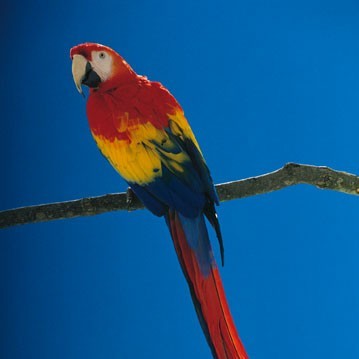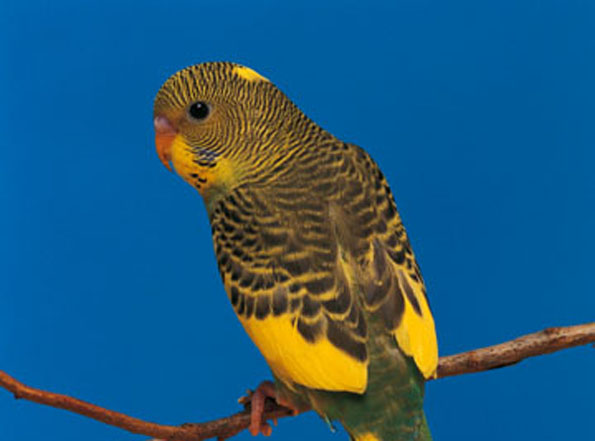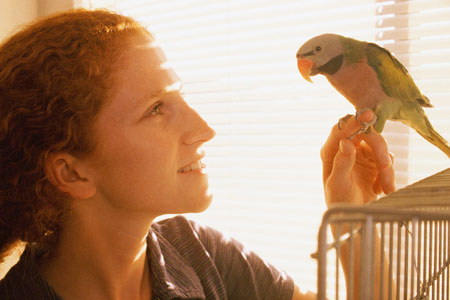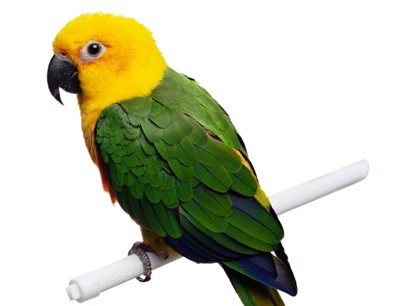Because birds do not always display signs of disease, laboratory testing is of utmost importance in evaluating their health. We pride ourselves on our in-house laboratory and the ability to generate lab results rapidly. In critically ill birds, it can be life-saving to have results quickly and generate the diagnosis without waiting for results on lab work that was sent out. However, there are certain tests that do require the use of an outside laboratory. Because the hands-on examination can be much less revealing in birds than in other animals, clinical pathology (laboratory testing) plays an important part in the…
Pet Bird Medicine
Birds hide their illnesses so it can be difficult to determine when a bird is sick, until it is too late. That is why regular physical examinations are so very important for pet birds. In addition to a “hands on” exam, laboratory work is essential to evaluate their state of health, including a complete blood count, fecal exam and other tests deemed necessary. We pride ourselves on our thorough avian physical examinations as well as our in-house laboratory that can generate results within minutes. Physical Examination All too often some avian veterinarians are too eager to perform batteries of diagnostic…

Clipping a bird’s feathers can protect your bird and your home. Wing clipping is a nonpainful procedure that ensures the safety of your bird in its environment and keeps your bird from chewing holes in your doors and window frames. It limits your bird’s ability to fly, removing the risk of injury from flying into a ceiling fan, onto a hot stovetop, or into (or out) a window. Having your bird’s feathers professionally clipped helps ensure that the right feathers are removed without irritating the skin. Improperly clipped wings can cause your bird to pluck or chew its feathers. In…

Most birds need to have their nails trimmed regularly. However, the process can be detrimental to your bird if its nails are trimmed too short. We can take care of this procedure for you so that you don’t have to worry about nicking the blood vessels inside the nails. Call us if you’d like to schedule an appointment. Be careful if you perform this procedure at home. In fact, we only suggest that you attempt this at home if your bird is small and has white nails (which allow you to see the blood vessels). We also suggest you keep…

Unfortunately, relying on physical appearance is not an accurate method of determining the sex of many birds. We can reliably tell you your bird’s sex by performing a laparoscopy. This technique involves making a minor incision while the bird is anesthetized and using a small camera to visualize the bird’s internal sex organs. However, blood sexing has proven to be a very safe and effective alternative and now is the technique we exclusively use. A drop of blood is taken from the bird, placed on a card and sent to the laboratory for analysis. In a short period of time…

Beaks continue growing throughout birds’ lives. Although birds’ beaks usually wear evenly, some birds develop beak problems and require veterinary assistance. Trimming its beak incorrectly can cause your bird pain and may prevent it from eating, which is why we recommend having your bird’s beak professionally trimmed. Do not attempt to trim your bird’s beak at home. Call us to schedule an appointment.
- « Previous
- 1
- 2
